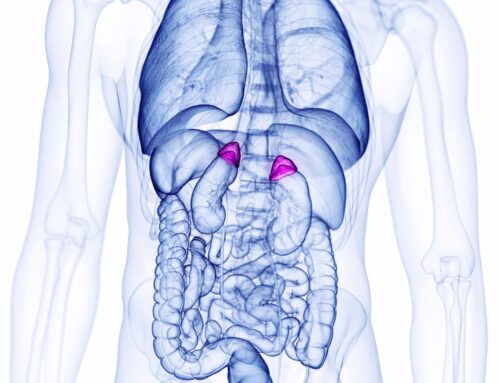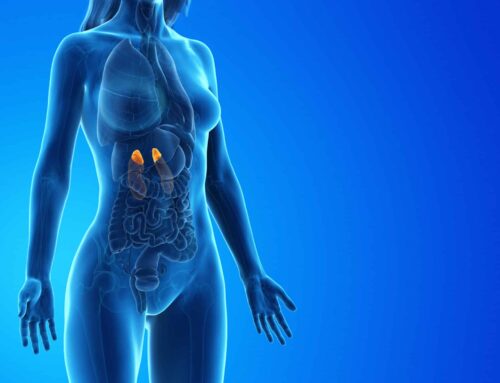
In the pursuit of health and wellness, understanding your body composition goes beyond the numbers on a scale. Body composition testing offers a deeper insight into the proportions of muscle, fat, bone, and water in your body. It’s a valuable tool that provides a comprehensive snapshot of your physical state. In this article, we’ll delve into the importance of body composition testing, the techniques used, and how it can empower you on your journey to a healthier you.
Why Body Composition Matters:
While traditional weight measurements provide a basic overview, they fail to distinguish between muscle, fat, and other components. Body composition testing highlights the nuances that impact your overall health and well-being:
- Muscle-to-Fat Ratio: Knowing your muscle-to-fat ratio helps you understand whether your weight is primarily composed of lean muscle or excess fat.
- Metabolic Rate: Muscle burns more calories than fat at rest, influencing your metabolic rate. A higher muscle mass can contribute to effective weight management.
- Health Risks: Excess body fat, especially visceral fat around vital organs, is linked to health issues like diabetes, heart disease, and more.
Types of Body Composition Testing:
- Dual-Energy X-ray Absorptiometry (DXA): Considered the gold standard, DXA provides precise measurements of bone density, lean tissue mass, and fat mass.
- Bioelectrical Impedance Analysis (BIA): BIA uses electrical currents to estimate body composition by measuring how they pass through different tissues.
- Skinfold Measurements: Calipers are used to measure skinfold thickness at specific sites, which is then used to estimate body fat percentage.
- Air Displacement Plethysmography (Bod Pod): This method measures body volume and uses it to calculate body composition.
- Hydrostatic Weighing: Also known as underwater weighing, this technique measures body density by comparing weight in air and water.
The Benefits of Body Composition Testing:
- Personalized Insights: Body composition testing provides an accurate understanding of your unique body makeup, allowing for tailored health plans.
- Goal Tracking: Whether you’re aiming for weight loss, muscle gain, or improved athletic performance, body composition testing helps track progress.
- Health Management: Understanding your body composition can guide efforts to reduce health risks associated with excess body fat.
- Performance Enhancement: Athletes can optimize their training regimens by fine-tuning their muscle-to-fat ratios.
Consulting Professionals:
While body composition testing offers valuable insights, it’s crucial to consult professionals who can interpret the results accurately. Healthcare providers, nutritionists, and fitness experts can help you make informed decisions based on the data.
Conclusion:
Body composition testing is a window into your body’s intricate makeup, providing insights that extend beyond weight alone. By knowing your muscle-to-fat ratio, metabolic rate, and overall health risks, you can tailor your lifestyle to achieve optimal well-being. Whether you’re on a weight management journey or striving for peak athletic performance, body composition testing empowers you with data-driven choices that pave the way to a healthier, happier you.










